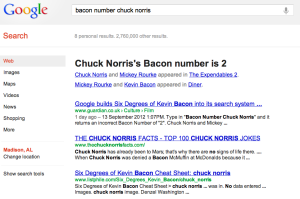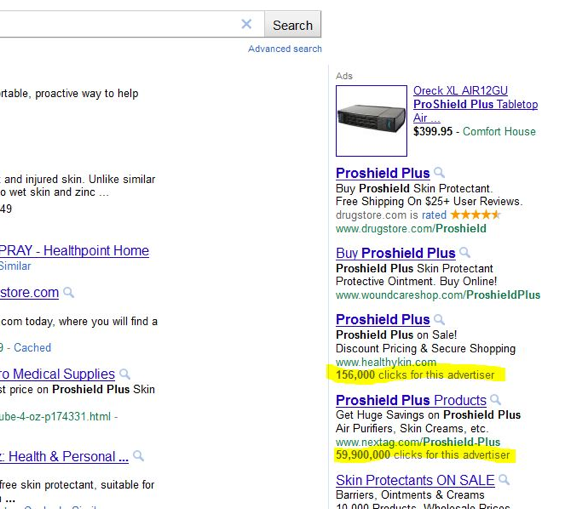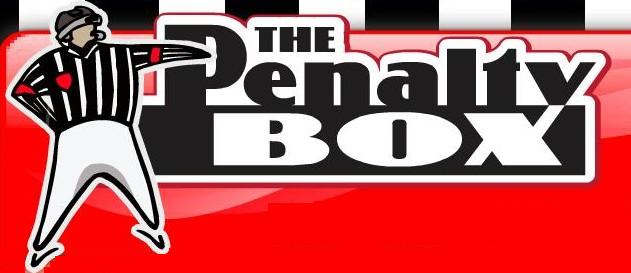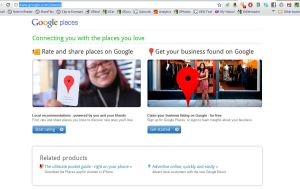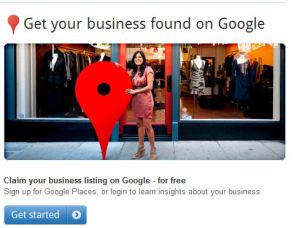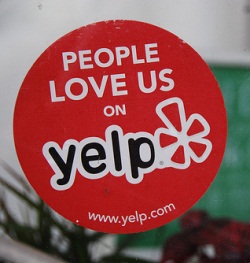Do you know what your customers are saying about you online?
If you’re like me, you are more frequently searching for businesses or products online…and reading reviews that people have posted about it.
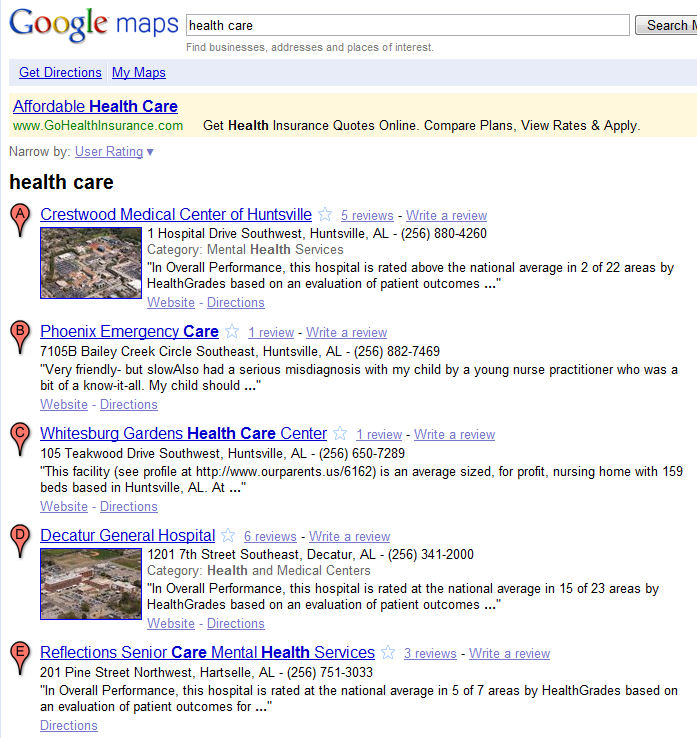
Click on
I started spending hours on Amazon reviews back in the 90’s when I realized you have to somewhat figure out the perspective, and ‘likes’, of the reviewer before you can really make a decision based on it. Matter of fact, I learned that you can only educate yourself better, but not decide anything, if there are only a few reviews.
For several recent years, I’ve accessed Star ratings and associated reviews on Google and Yahoo search engine pages (SERPs). And I’ve actually caught “fake” reviewers on a few businesses that were obviously their competition or an angry ex-employee, once you look at when the account/profile was created, what other reviews they’ve posted (frequently, it’ll only be for that business), unusual misspellings that are common between posters that seem to support each other…and were created on the same day, etc. Further investigation on one I was doing for a client actually drilled down to the same exact person using four fake accounts, something I’m certain happens MUCH MORE than many ‘lay people’ small business owners realize. It’s even rampant on Apple’s App store, especially in the $.99 apps market. (Access the iTunes store on your computer, not phone, and click on reviewers names to see their ‘other reviews’. You may easily notice a pattern that suggests whether this is a paid reviewer because all his reviews are 5 stars and only for apps from the same company. And competitors will be the opposite of that pattern. Seriously, how often do you make an effort to award 5 stars to a company, but have NEVER posted a 1-4 star with a complaint.)
And now…there’s lots of smartphone apps that HELP people review your business right after finding out that last sale item is no longer available. Yelp, Foursquare, Urbanspoon…and really TWITTER is just a big megaphone shouting out how bad your business is to anyone that might ‘hear it’.
Many business owners I talk with haven’t even tried searching on their own company and accessing the reviews. But when they do…that’s when the pain can really set in. Bottom line? Business Owners cannot do anything about negative reviews, except to proactively promote good reviews in various ways.
If you want to know how NOT to handle bad reviews…plus some positive ways you should handle them, read this long Inc Magazine article, “You’ve Been Yelped“.
So, if you’re now thinking you need to take action, what steps should you follow? 
I’d start by searching for your business on Google’s, Yahoo’s, Bing’s and Yelp’s sites and review what people are saying online. DO NOT post right away, rather read them all, have a trusted peer or co-worker review them. Consider if valid issues have been resolved, maybe you can email the reviewer and ask them to check back and update the review. Maybe you need to start some type of ‘loyal customer’ campaign where you ask your customers to consider posting positive reviews.
When I last visited my GP, I mentioned to the Dr that they have some people complaining online about the long waits. I suggested he should add wi-fi in the lobby as well as promoting his new appointment system that significantly reduces waiting and really communicating this with signage in his lobby to both reduce waiting times and making it more productive while waiting. If nothing else, it will show he is listening and cares about his customers.
 We have helped quite a few independent businesses get started with solid Online Internet Marketing methods and advice. We recognize how social media usage, search engine optimization and online marketing can be just as difficult and off-topic from their core knowledge as Quickbooks and Accounting practices.
We have helped quite a few independent businesses get started with solid Online Internet Marketing methods and advice. We recognize how social media usage, search engine optimization and online marketing can be just as difficult and off-topic from their core knowledge as Quickbooks and Accounting practices.